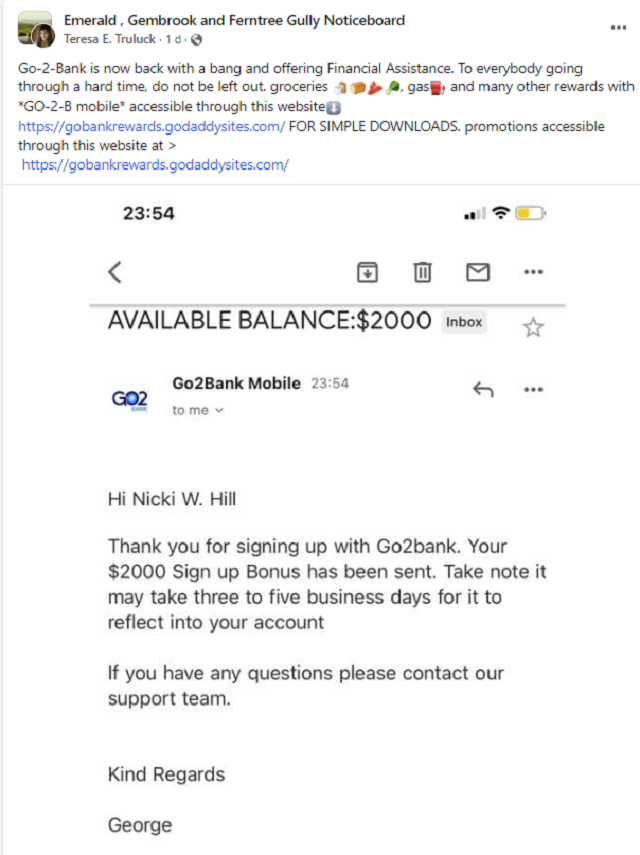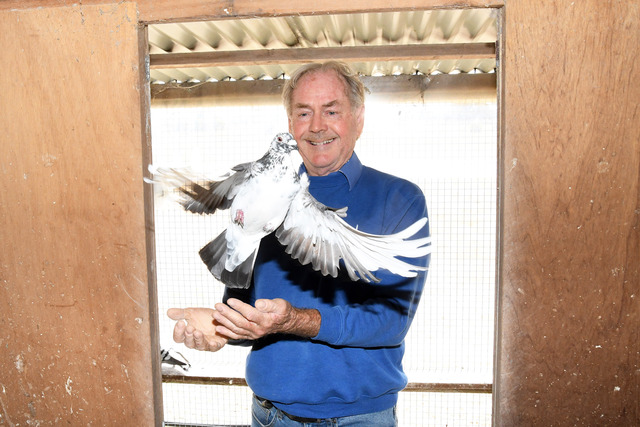Community Facebook groups used by Ferntree Gully, Belgrave and Hills residents have seen an influx of scams over the past few weeks.
They vary in different ways; some spin tales of a lost grandfather and son on a tractor, pictures of people cutting wires to “make them famous”, or injured animals to pull on the heartstring. Maybe, your phone is blowing up with fake messages from the ATO, MyGov or the police.
Adjunct Professor of Cyber Security Research and Innovation Centre Damien Manuel said scams come in different forms.
“There are the ones where there is a threat and a demand where they are using that psychological uncertainty of power or authority like you are going to be arrested or have a large tax bill if you don’t do XYZ,” he said.
“Then you’ve got the opposite, which is more about using compassion and friendliness and luring people in from a trusted perspective.”
Mr Manuel said while some scams can be easy to spot, others can be difficult, especially when they involve online purchases.
“If you look during the pandemic, we had the alpaca scam where people were effectively scammed into thinking they were buying an alpaca,” he said.
“Now we’re seeing it extend to machinery and vehicles as well, so a lot of the time you can’t actually see something, touch it or inspect it. I’d be very careful transferring any money, particularly because you don’t who is on the other end.
Another prominent scam currently running on pages in the hills will be an emotional post – a lost dog, a beautifully crocheted blanket or a happy marriage – asking people to share it. Once it has been circulated, the post will be edited to include a nefarious link.
Mr Manuel said this type of scam preys on someone’s emotion and uses it as a mechanism to leverage action.
“That action could either be to try and get other people to help support the cause because if I’m scamming you, and they convinced you that I’m trustworthy, you’re more likely to trust me too,” he said.
“Groups or friends in your network will unintentionally involve others in the scam, where they might be the ones that end up losing money.”
Despite clearly being a scam post, when one example was reported on a local school’s noticeboard Facebook didn’t take any action, citing that no breach of community standards was present.
Mr Manuel said social media platforms should do more to take ownership of the issue.
“They take the view that they provide a platform and they don’t have the right or authority or even the willingness to police their platform for particular things,” he said.
“A lot of the times these scams go under the radar so there isn’t really any legislation to cover it. The challenge there is you don’t have these platforms acting quickly enough to remove these accounts.”
More information on common scams can be found at scamwatch.gov.au









